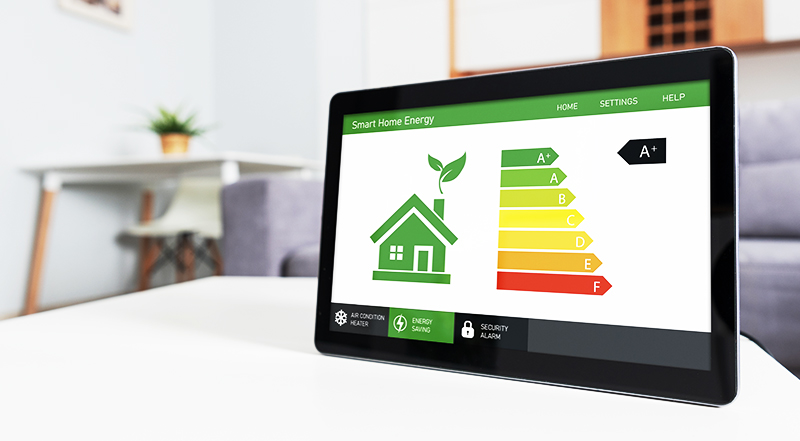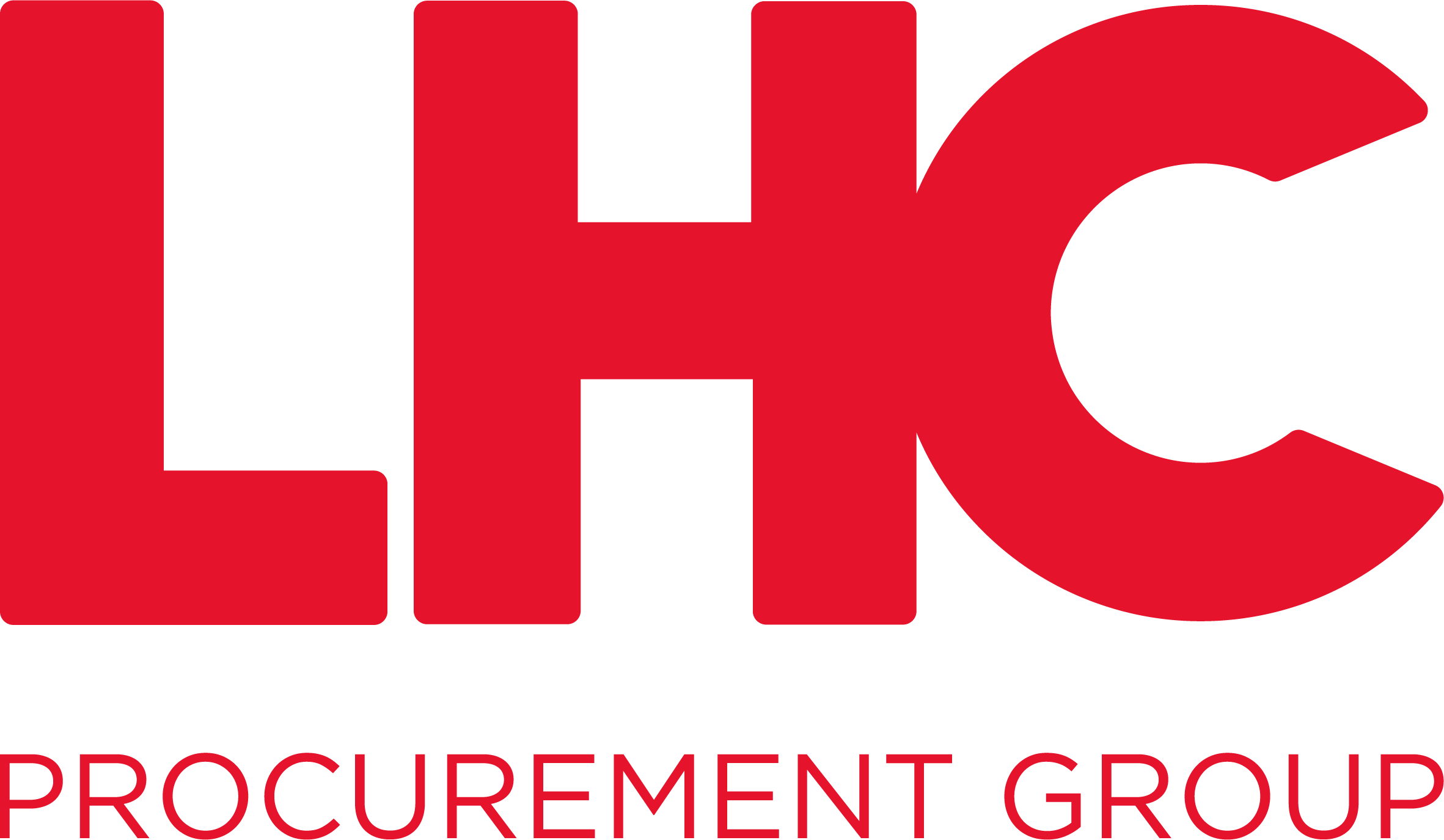Don’t mind the U-turn – a healthy retrofit market remains for contractors
By Clive Feeney, Group Managing Director for LHC Procurement Group, September 2023
Prime Minister Rishi Sunak’s decision to push back the deadlines for key energy efficiency policies, including allowing existing fossil fuel heating systems to be used in certain homes for almost an additional decade, has been roundly criticised as undermining the UK’s ability to reach net zero by 2050.
Clearly, any delays in tackling climate change, the greatest existential challenge facing our world today, are not good news. The longer-term ramifications can only be guessed at, and some of the scientific warnings are very worrying.
But my thoughts were also drawn to the impact this might have on the confidence of the construction sector – from manufacturers to clients, contractors and installers – in pressing ahead with their low-carbon solutions and building retrofit programmes.
So many advances have been made over recent years. So many new opportunities created. What might all this politics now mean for the retrofit market?
Well, here perhaps we have reasons to be cheerful. Because by far the biggest market right now for low carbon retrofit – a market born in the public sector – is still strong and only likely to get stronger.
The social housing sector owns 4.4 million properties in the UK, and there are tens of thousands more non-domestic buildings in the public sector in need of retrofit too. In England, there are still multi-billion pound funding schemes, including the Social Housing Decarbonisation Fund, Home Upgrade Grant and Public Sector Decarbonisation Scheme, helping to drive the upgrade of social homes and public buildings. In Wales, the Optimised RetroFit Programme is a whole-house, pragmatic approach to decarbonising existing homes and is just one example of that country’s robust approach to retrofit policy and practice. And Scotland still has all of its retrofit policies intact, including a continued commitment to replace a million gas boilers by 2030.
Most social landlords are working to get all their homes upgraded to EPC C by 2030, with almost 70% of the sector’s properties currently meeting this standard. Many housing associations and local authorities are still strongly committed to scaling up insulation and heat pump use in all homes, including off-grid properties, and are helping to support the development of local supply chains, creating many good, green jobs.
So yes, of course we all want to see political leadership, policy certainty and long-term investment from government to drive decarbonisation. But even in the absence of such stability, there is still plenty of work to be had, and plenty of frameworks out there that can provide a conduit to that work.
For us at LHC Procurement Group, our commitment to delivering energy efficiency and meeting the net zero challenge head-on remains undimmed by the Government’s revised plans. We have been dedicated to driving innovation through our energy efficiency-focused frameworks for over 30 years now and we will continue to prioritise efforts in this area.
We have recently begun the initial engagement with stakeholders to help shape the development of our latest energy efficiency framework. In our pre-tender engagement process, we are working closely with a wide range of public sector stakeholders to help design our new Retrofit and Decarbonisation (N9) framework and identify opportunities to futureproof the framework as much as possible for the years to come.
We are designing the N9 framework to support local authorities, housing associations, schools and other public sector organisations in delivering a range of energy efficiency and decarbonisation works, helping them with their journey to achieving net zero and improving the EPC ratings of their stock.
The framework is designed to cover a wide range of technologies and services in the energy sector, from consultancy to the installation of insulation and heating systems, controls and maintenance of renewables systems. Interest from suppliers is already very strong.
Implementing these efficiency measures is essential to help reduce fuel bills, improve asset value and performance, as well as deliver on our obligations to cut greenhouse gas emissions in line with the UK’s ambitious target to achieve net zero by 2050. That target, at least, remains unchanged.

